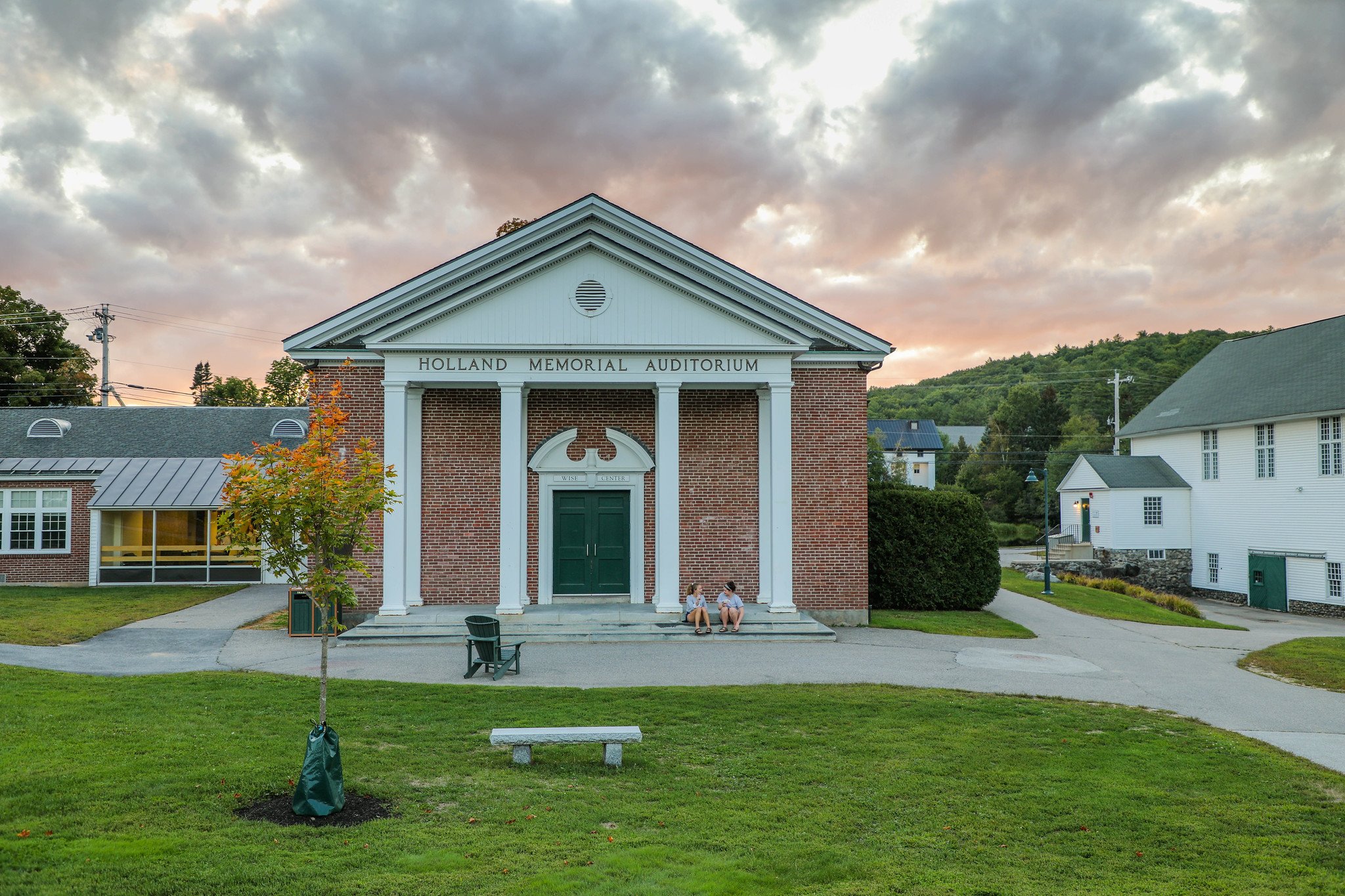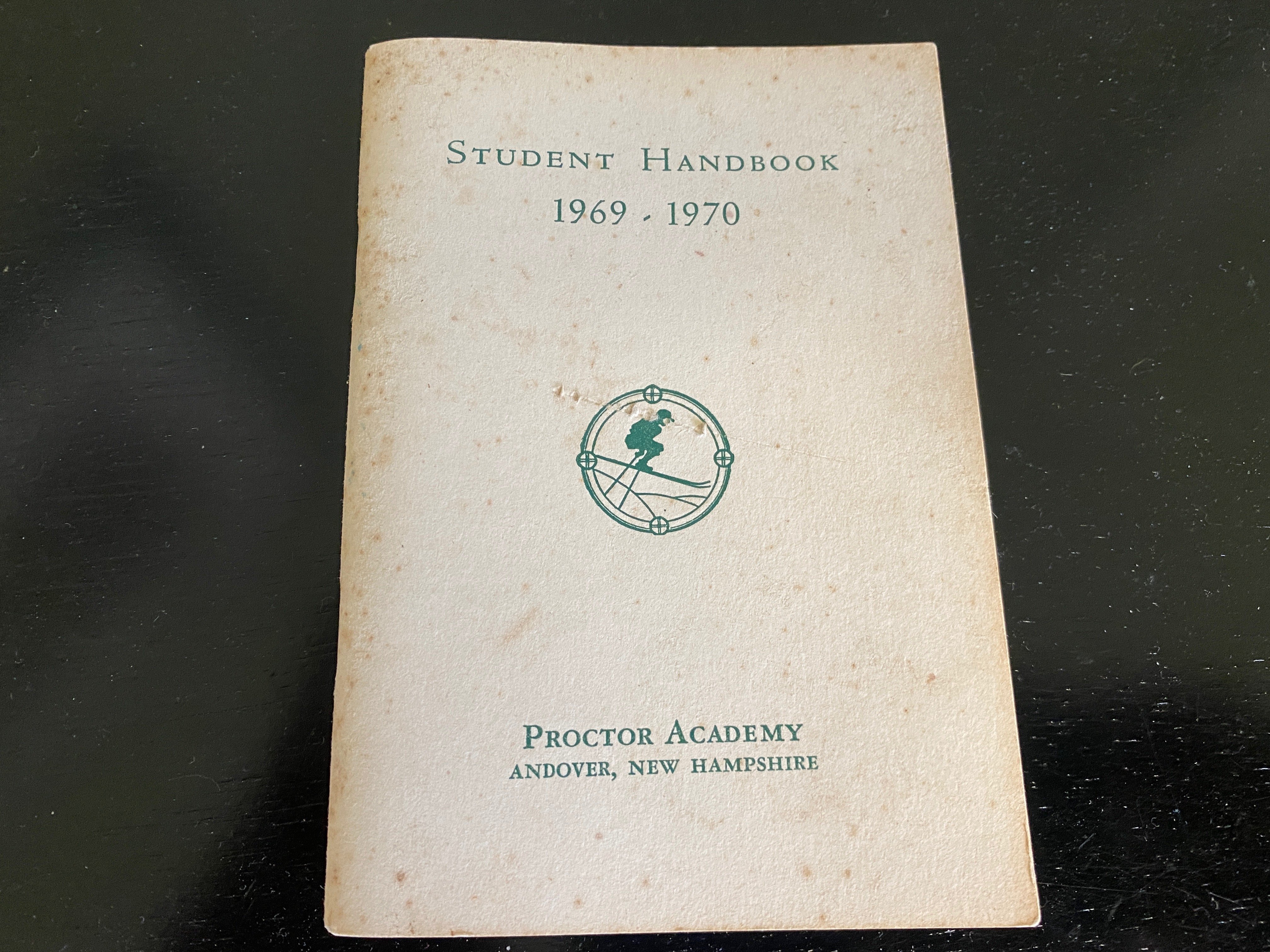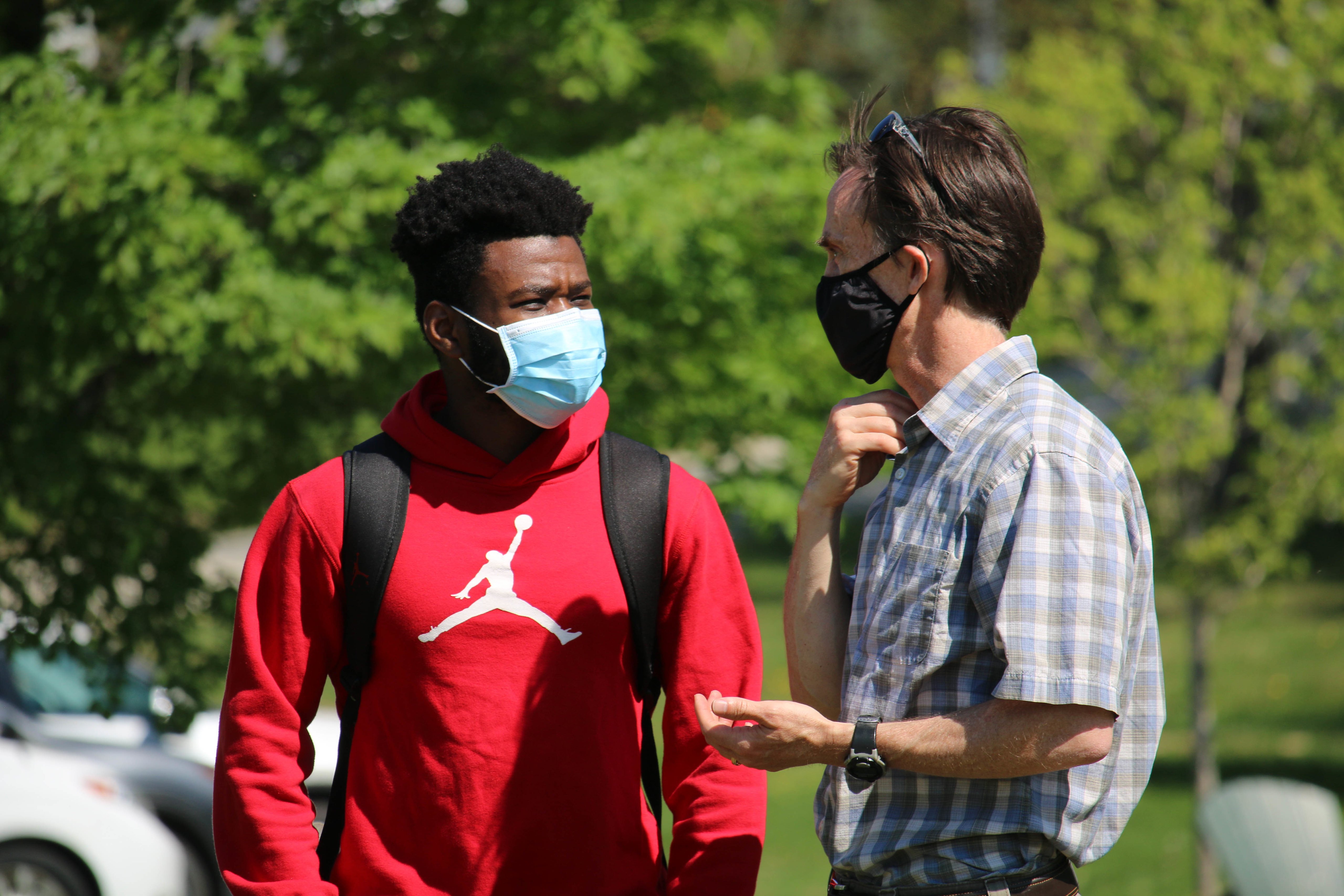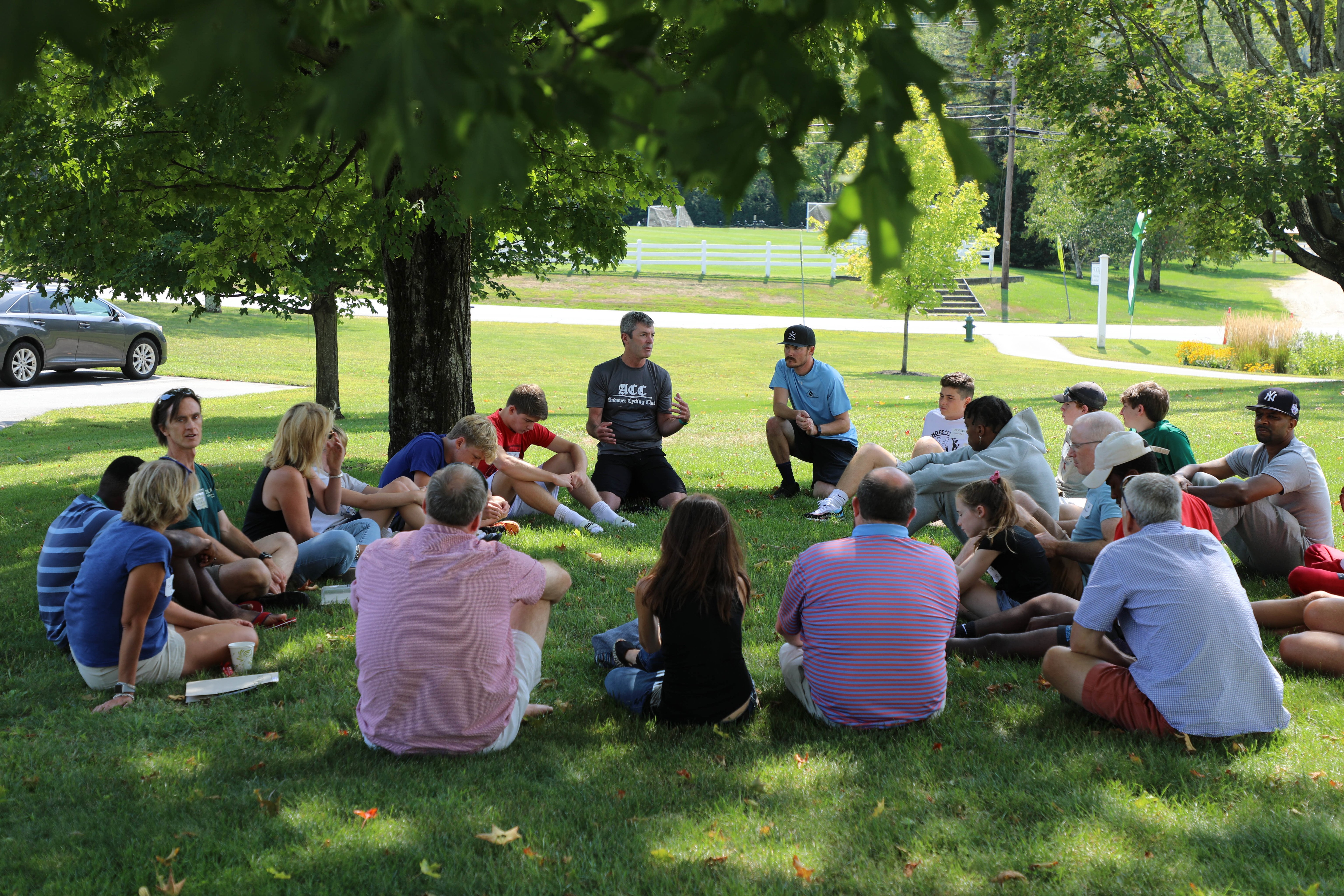Early this week, returning and new families will receive an email from Assistant Head of School Karin Clough outlining a series of permission forms and start of year information. Included in this communication will be the 2021-2022 edition of the Student Handbook, a document that has long served as the guide to how our Proctor community functions.

On a shelf in Dean of Students Drew Donaldon’s office sits some of the earliest versions of the Proctor Student Handbook. (We have since changed the name of this document, recognizing that for far too long Proctor’s handbook shared a name with a travel guide used by Black motorists to navigate the Jim Crow south between 1936 and 1966 - read more here.) A browse through these early Proctor handbooks reveals rules for where students could and could not walk on campus, the maximum length of a boy’s hair, specific “smoking lounges” on campus, and expectations for formal dining room behavior. While seemingly silly rules to us today, the function of the student handbook through the 1950s and 1960s remains consistent to that of the 2021-2022 version by identifying, explaining, and providing accountability measures for the rules and expectations we believe to be essential for building a healthy, safe, and inclusive community.

Over the years, Proctor’s faculty have come to better understand that independence walks hand in hand with responsibility. Head of School Brian Thomas shares the following words as it relates to the 2021-2022 Student Handbook and our collective need to step into the Proctor community with intentionality:
Whether you are returning to Proctor, or like me, are entering your first year, choose to pass on the good of what you learn. Indeed, the seeds of this handbook began when the first student came to the school 173 years ago in 1848. If there is any obligation, and I believe there is, it is to make Proctor the kind of place that you would be proud of by building upon those successes and celebrating them with others.
This accumulation of knowledge and culture means that we have a responsibility, a gift even, to use our knowledge, skills, and talents, as shapers and creators so that we can pass it on. The fact is we are builders of each other within every classroom, team meeting, dorm room, common area, bus ride, and ocean voyage. Instead of an assemblage of rules, this handbook is how we intend to take very good care of each other--and pass it on.

Last year, we introduced a new component of the Proctor Student Handbook: a Community Agreement. Inspired by our need to better safeguard the health of our school community by restricting access to campus and travel off-campus on weekends due to COVID-19, we believe this Community Agreement provides a valuable, explicit step for students and families (as well as employees) as they enter the Proctor community each year. It is an acknowledgement, just as Thomas Hobbs, John Locke, and Jean-Jacques Rousseau wrote about centuries ago, that societies and communities best function when there is an agreement to come together and form a collective “people” rather than just a collection of individuals interests and wills.

We are incredibly excited about the year that is ahead. We know that with the unknowns of a lingering global pandemic, we will need to remain organizationally agile. We also know that the foundation on which our community is built and the people who stand on that foundation and allow our community to flourish, especially our students, are incredibly strong.








